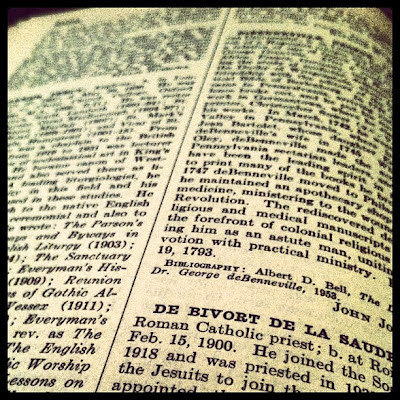The Meaning of Words
Words. Such a complex juxtaposition of positive and negative qualities. I often like to think that the words I choose are arbitrary, holding no inherent meaning but that which I apply to them by the context of my creation. In this, I hold to a form of modified Nominalism. I give meaning to the words I use.
Yet despite my high and lofty ideals, the words I use have an inherent meaning, even if that meaning is generated by the people who are receiving my words. If my goal in using words is communication, then I need to use words that mean what I am intending to the person who is hearing/reading them. Otherwise, the words I use could be selected for their aesthetic value alone, regardless of meaning.
But here’s the tricky thing about words: sometimes the most powerful words are the ones that are unexpected, that don’t quite fit. In them we see our paradigm of understanding broadened, and a whole new world of meaning opened up to us. This is the poetic ideal of wrongness, a careful crafting of syntax and structure that may not agree with the rules of English grammar, but by their disobedience say more than myriad correctness.
Yet the sword that cuts forward cuts backward as well. In my attempt to craft a texture of color by my words, I’ve quite often painted with the wrong hue, creating a tapestry of dissonance that reflects more truly my state than that which I meant to convey. And if you listen carefully, I will really say what I mean despite my best efforts.
This is what the bible means when it says “Out of the content of the heart the mouth speaks”(Mat. 15:18). What’s really inside comes out. Sometimes this is visible in the words I use, but usually it is more visible in how I use them. It’s funny to say, but how we say what we say says more that what we say. If I’m ever curious about what actually lies beneath my veneer, all I have to do is listen to how I use my words.
